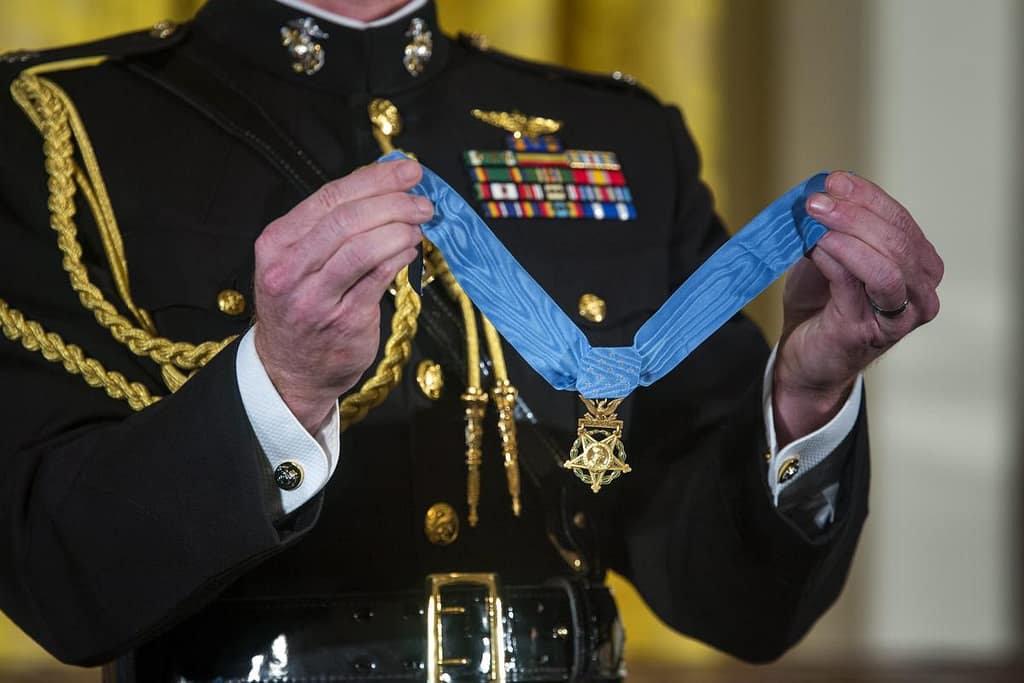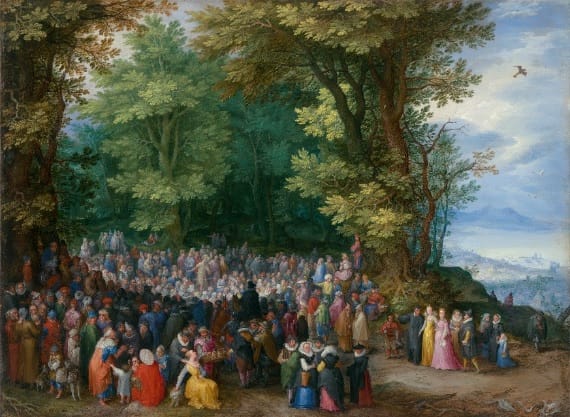Marshall Vian Summers recently gave a teaching to the Worldwide Community of the New Message from God. In this teaching, he offered a number of practices for people to follow. Before giving these practices, he spoke of the relative importance of practice.
“You know, when I meet people of different faith traditions, if I have an opportunity to speak with them, I always want to find out what they practice, not what they believe. I don’t care what they believe, really. It’s important in the sense that it determines their behavior and their perception to a large extent. But I really want to know what they practice because that’s where the rubber meets the road. That’s what really matters. It’s what people do, not what they think about doing.”
I practice to be strong and competent

There was something Marshall said during this teaching that started a train of thought in me.
“We practice the great practices [inner listening, stillness, looking without judgment, learning how to direct your mind at will, always knowing where your mind is going, objectively questioning your assumptions and beliefs, stepping back from who you think you are or what you think life is] to develop skills to reemploy the mind to develop new neural pathways of how the mind is going to function: a new way of responding to other people, responding to conflict, responding to beauty, responding to degradation. We’re building skills to be able to be in the world in a new way. And we’re doing this in such a way that we become immortal beings in the world to be of service, rather than being in the world with some vague notion of our own that we have a greater life somewhere, somehow, above and beyond this existence.
Instead of being trapped by the world, we are being fed by Heaven.
So our practice now is skill building. And I want you to really think about that. This is not a reward system where every time you practice you get a reward. Every time you do a trick, you get a cookie. Good boy. [Emphasis mine]
No. We’re practicing to become strong and competent. There’s no emphasis on mastery here. The emphasis is on competence and functionality. In fact, the New Message says there are no masters living in the world. Mastery is beyond anything that can be achieved here. So let’s take that out of the picture. Anyone who claims to be a master or appears to be a master is still a student in the world.”
What if I like a reward system?

In what is known as the “Sermon on the Mount,” Jesus used the word “reward” seven times. He instructed his disciples to avoid practicing almsgiving, prayer and fasting in front of other people. There were people who did these things to appear righteous in the eyes of other people. Jesus said that those who did these things have already received their reward in full. He mentioned that those who practiced in secret would be rewarded by the Father who sees what is done in secret. But he didn’t elaborate on what the reward would be.
The Matthew Henry Commentary suggested that the reward would be at the final judgment. But I found that not fully satisfying. I believe Christians would say (among other things) “We practice almsgiving because we would want to treated that way. We practice almsgiving because we are cultivating the Christlike virtue of generosity. We practice almsgiving because we are practicing seeing Christ in the guise of the poor.” They wouldn’t see themselves as doing a trick and getting a cookie. Likewise for the practices of prayer and fasting. I believe Christians would consider these as practices for developing Christlike character. I practice to be strong and competent. So do they.
What do you seek from your practice?

I think what I’m trying to say is this. If there are thoughts within me that associate practice with a reward system, then I need to think it out again. If there are motivations within me that want to do a trick and get a cookie, then I need to grow up a little bit. Someday someone will ask me, “Douglas, why do you do these practices and not those practices?” And I will say “I practice to be strong and competent.”
Welcome to Mystery of Ascension! We are students and advocates of the the New Message from God. We are members of a worldwide community. We seek to assist the world in successfully navigating difficult times ahead. We seek to assist the world in successfully emerging into a greater community of intelligent life. You will also find some poetry. Find out more about us here. Contact us here.

